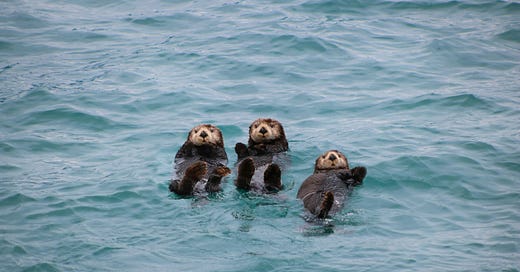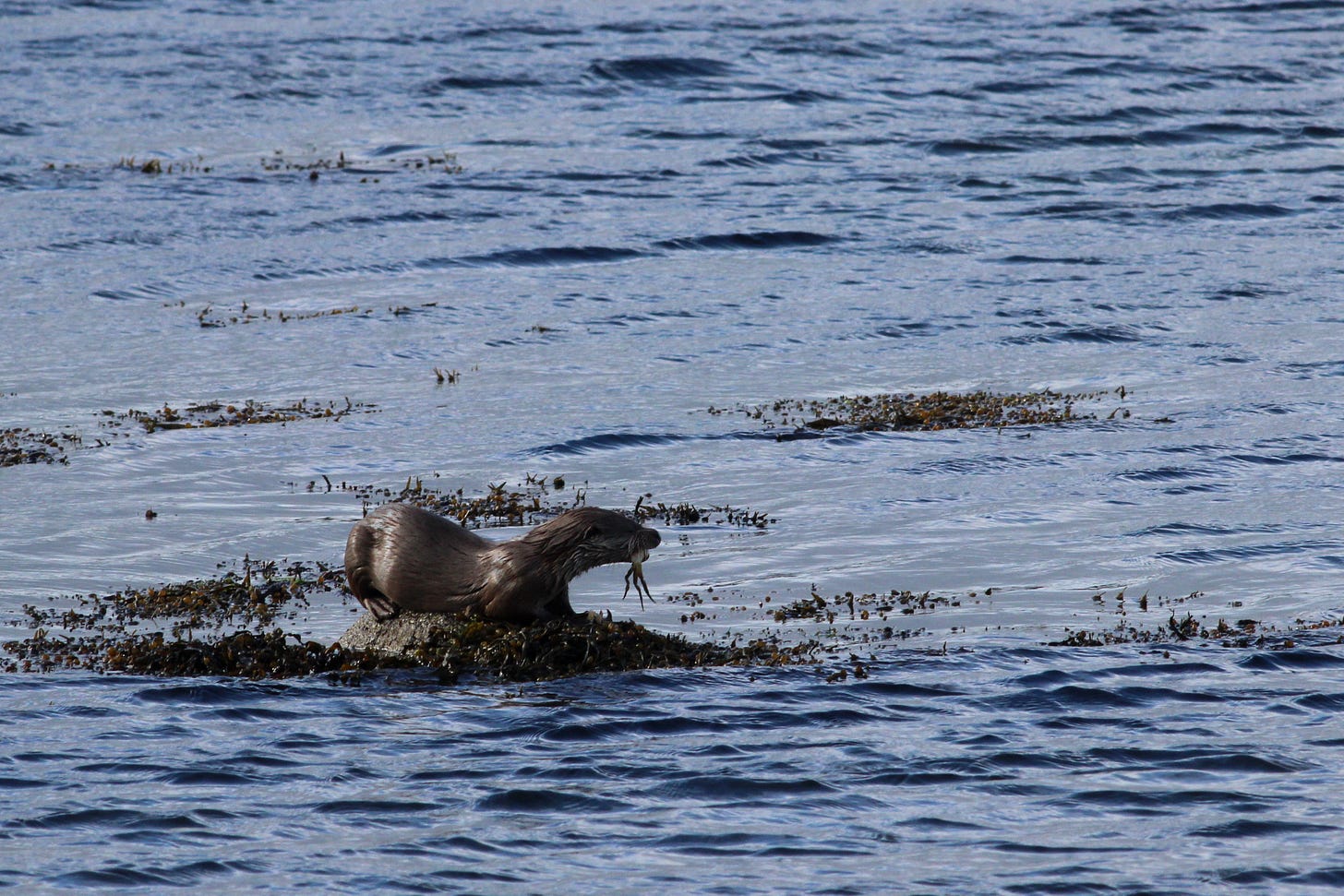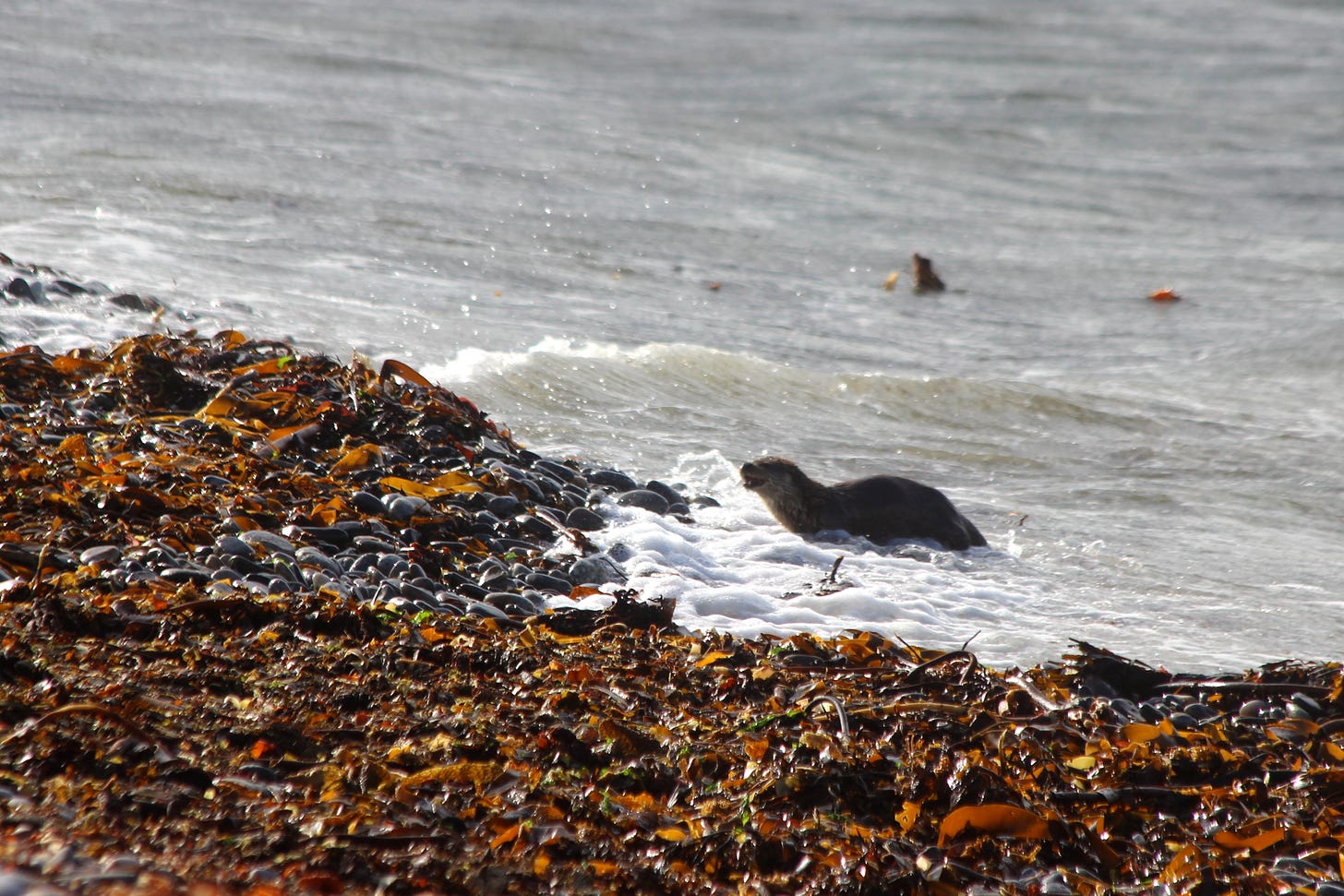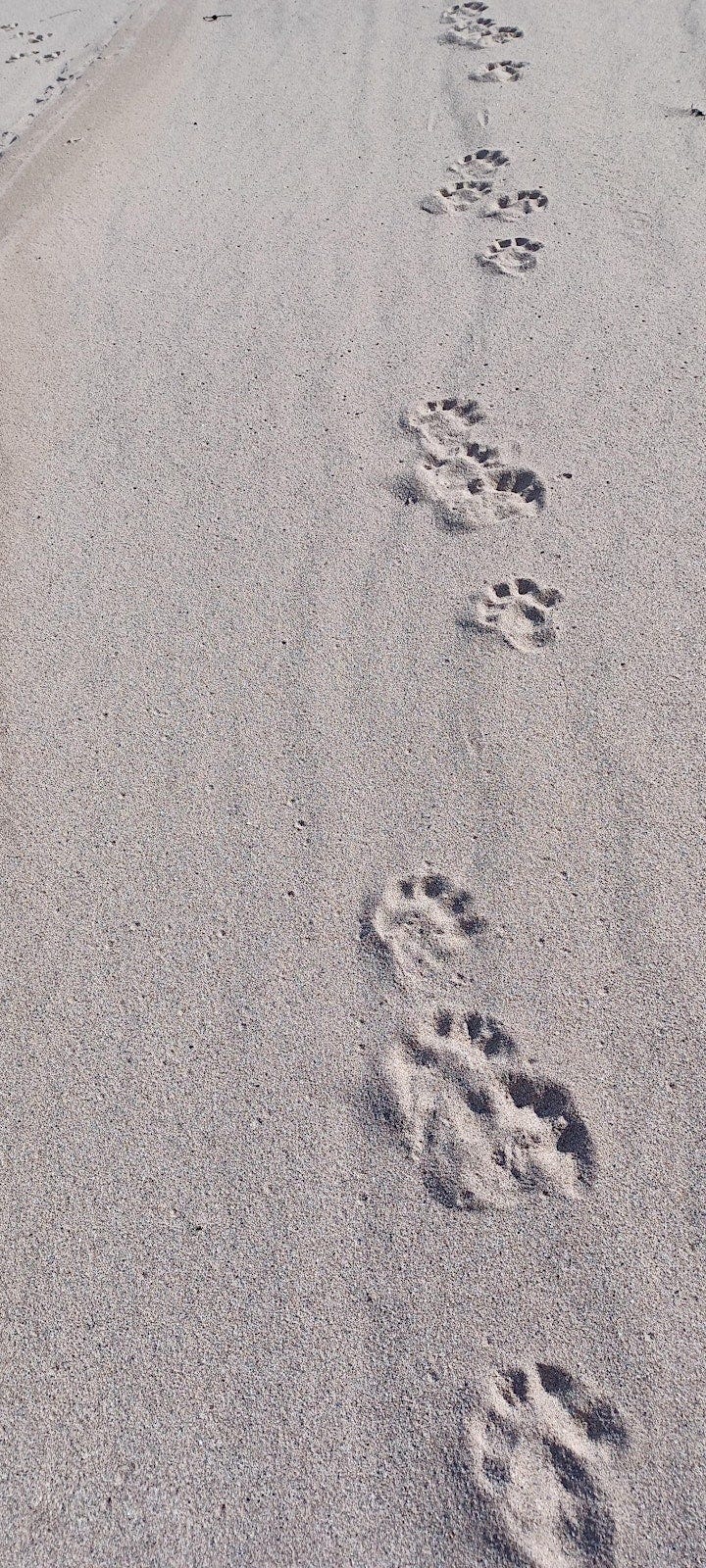Celebrating Our Playful Pals: Happy World Otter Day!
Wednesday the 29th May is World Otter Day
Today is the day established in 2014 by the International Otter Survival Fund (IOSF) to celebrate otters and shine a light on support for their conservation across the world.
There are 13 species of otter recognised globally. From the large Giant otter Pteronura brasiliensis, up to 1.8 metres long in length from Central South America, to the Asian small-clawed otter Aonyx cinereus at only 90cm.
Photo by Kedar Gadge on Unsplash
Possibly the best known and loved is the Sea otter Enhydra lutris found off the coasts of Russia, Canada and in to the United States. This species likes to float around holding hands with friends, keeps a favourite pebble and wraps itself in seaweed to sleep. What’s not to love.
There can be some confusion between this species and our own ‘Sea’ Otters in the Highlands, but we have a different species entirely roaming our shores. Our species is the Eurasian Otter Lutra lutra. Which has the largest geographic range of all otter species. Being able to survive in a variety of habitats and climates it can even be found in the Himalayas of Tibet.
Classically this species will be found along freshwater rivers and lochs, ranging up to 30 km of territory. But with over 9000 km of coastline to explore in Scotland our otters have adapted to take advantage of this habitat too. There are distinct freshwater feeding otters and coastal feeding otters that hunt in these different habitats despite being the same species.
The advantage for the coastal feeding otters is that they need significantly smaller territory in this habitat, 3-4 km, and their feeding is dependent on the tides so they can often be found during the day while there is an incoming tide (which is more of an advantage for us!). Even by the city of Inverness they can be spotted using the Kessock bridge supports as a feeding post.
This difference in feeding strategy is testament to just how adaptable they are and how reliant they are on the water. The vast majority of their diet is fish but will include birds, small mammals and amphibians.
Being semi-aquatic they have webbed feet, larger paws for swimming and a flattened tail at the tip, which they use as a rudder.
Their fur is essential to keeping them warm while diving in our cold waters. They have two types of hair – stout guard hairs for waterproofing and dense underfur for thermal regulation.
Their coat is extremely thick to prevent water from touching the skin when submerged. For coastal otters sea water reduces the water proofing qualities of their fur, so they require a freshwater pool within their territory to wash off the salt regularly. They will only fish for 15 mins or so before coming ashore to groom, rest and warm up. At which point they can quickly disappear amongst the brown seaweed and rocks!
Otters are also an odd shape, long and thin, this means they have a larger surface area than animals of the same size, but are more compact. Due to this they lose heat more rapidly by hunting in water, requiring them to have a high metabolic rate, which means they need to catch a lot of food.
However they cannot dive under water for very long (another advantage when looking for them). In extremes otters can probably survive for about three minutes underwater before drowning. Dives are usually less than 30 sec. Again this gives us a lot of opportunities to spot them in the Highland landscape.
Despite all the challenges they face in their chosen habitat they have managed to maintain a stable population in Scotland and have been delighting visitor and locals alike for generations.
If you can this world otter day spend some time looking to otters or visit the IOSF website to learn more about them and how you can support their conservation.
Happy Otter watching on the 29th May!
The High Life Highland Rangers also have Two Otter events scheduled TODAY for World Otter Day - to ensure the quiet required for sightings these events are for adults only. No dogs on these walks please.
Here at High Life Highland Countryside Ranger service we aim to make our sessions as accessible as possible for anyone, and income should not be a barrier. This sessions price has been set to FREE. We ask for donations 💰 for this event to help with our costs and further our work, which goes towards education about and protection of the nature of the Highlands. Please give what you feel you can afford. 💚
Please be aware that there is a minimum donation of £1 required to book on via Eventbrite. This does not go to the Ranger Service but is to cover Eventbrite Fees.* 📝
Otter Watch with Marcia at North Kessock
Tickets, Wed, May 29, 2024 at 14:30 pm | Eventbrite
Join the Ranger for a walk along the shore at North Kessock to look out for otters in the Firth. We will discuss the life history of this amazing species and what you can to to help them in your area.








